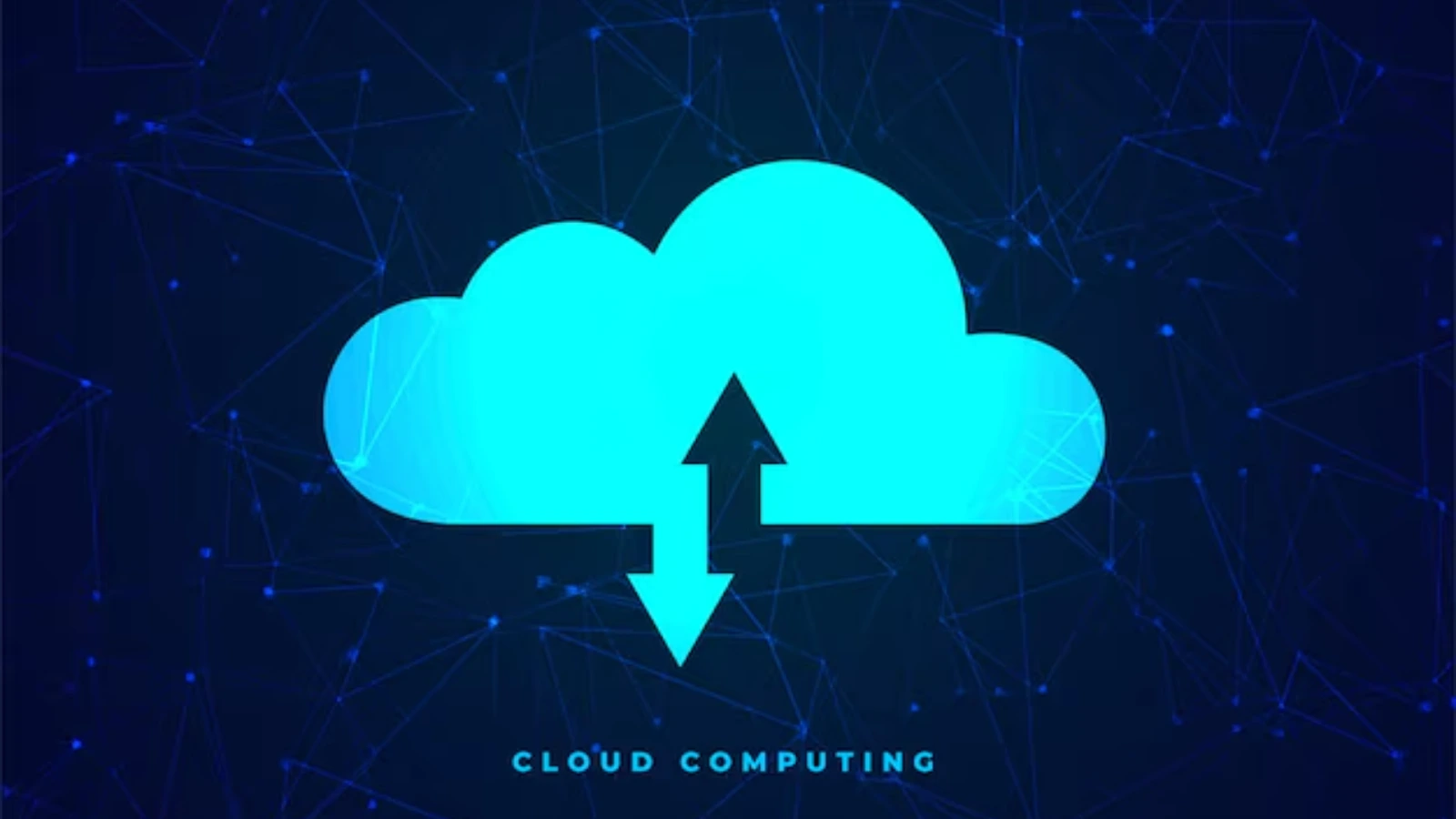Contents
Every industry is witnessing a tremendous transformation in its process, even the retail sector. Retail businesses are expanding rapidly due to an increase in purchasing capacity, consumerism, credit limit, and other favorable factors. The more the consumer spends, the stronger will be the country’s economy. According to research, the retail sector contributes 10% of India’s total GDP, which employs 8% of the working population. As a result, retail business owners; irrespective of their size or type, should embrace the digital revolution to make the most of their resources. In this blog, we will cover the new digital transformation in the retail sector.
What is the Digital Transformation in the Retail Industry?
The retail industry is transforming its process digitally with the help of the internet and the latest technology innovations. The recent covid-19 pandemic that surged the world has left no option for retailers but to implement technology at their business. Digital transformation does not only mean the addition of few additional functions to your website. Retailers need to transform every business aspect like supply chain, inventory management, and CRM processes digitally. Digital transformation of the retail business will make them more accurate, quick, transparent, and easy.
What are the Most Popular Digital Trends in the Retail Sector?
Seamless Integration:
Accurate data plays a crucial role in any business, which helps the leaders to make strategic decisions for business expansions. The retailers might use different systems for each department; to simplify their process and reduce the work burden on the team. Even if the teams are different and their job roles might differ, in the end, they work as one team to achieve business goals. Retailers need the best point of sale software that seamlessly integrates all the applications on a single platform. Centralizing the entire organization on one platform ensures seamless communication, collaboration, and real-time updates.
Implementation of Virtual Reality (VR) and Augmented Reality (AR) in their Retail Process:
AR and VR is the latest technology of the 21st century; which can make the retail process; more robust. The best approach for retailers is to have a blend; of AR or VR in both physical and online stores. The online retail store can use VR and AR; in their process to promote the decision-making for the customer. Physical retail stores can use AR and VR to give live simulation to the customer of how and where to use the products. Augmented and virtual reality will help to increase the conversion rate and reduce the return or exchange of the products. This technology will deliver a truly digital experience to your customers.
Workflow Automation:
Automation is the most preferred digital trend that is embraced by every industry or business. The retail business is very intricate, vast, and highly profitable, which needs automation to reduce the workload on the team. Automation helps to minimize the repetitive, menial and tedious work so that your team can focus on valuable functions. Automation will help the businesses; to be more accurate, quick, increase productivity, and optimize the workflow. The top point of sale software in India will help automate most of the workflow to reduce the work burden.
Online Commerce:
The recent pandemic has shifted the traditional stores to digital ones to continue making business during these difficult times. According to research; US retail markets make approximately 14% of revenue through online sales. The retail business experts predict these numbers will increase in the future, and most of the sales; will happen online. Along with having their own online store retail business, they can collaborate with other eCommerce websites to increase brand visibility. Online commerce is the new normal and will prevail in the future as well.
Conclusion:
There is a tremendous evolution in technology, and the internet connects the entire globe through their smartphones. Retail business owners are embracing the digital revolution in both online and offline stores to make their processes efficient. Implementation of the latest digital trends will help businesses increase accuracy, retention, conversion rate, and revenue.




